What Is a Duvet Cover?
A duvet cover is a protective cover for a duvet or comforter. It serves as a way to keep the duvet clean, and it can be removed and washed easily. Unlike a bedspread, which often hangs over the sides of the bed, a duvet cover wraps around the duvet snugly, providing both protection and decoration.
Does a Duvet Cover Go Over a Comforter?
Technically, duvet covers are designed for duvets, not comforters. However, it is possible to use a duvet cover on a comforter if you prefer this arrangement. Here's why:
- Comforters are often thicker and more padded than duvets.
- Duvet covers are typically less bulky and are meant to fit the duvet's specific dimensions.
- Using a duvet cover on a comforter may result in a looser fit or bunching inside the cover.
How to Use a Duvet Cover with a Comforter
If you choose to use a duvet cover over a comforter, follow these tips to make it work:
- Choose a duvet cover slightly larger than the comforter to accommodate its bulk.
- Ensure the duvet cover has a secure closure (such as buttons or a zipper) to prevent the comforter from shifting inside.
- Consider a duvet cover with ties or loops inside to keep the comforter in place.
Alternatives to Using a Duvet Cover on a Comforter
If using a duvet cover with a comforter doesn't seem like the best option for you, here are a few alternatives:
- Opt for a comforter cover instead of a duvet cover. Comforter covers are designed to fit comforters more snugly and are made from thicker materials.
- Use a bedspread or quilt for a more decorative look if you're not concerned about keeping your bedding protected.
- Layer your comforter with decorative throws or blankets for a cozy, stylish setup.
The Pros and Cons of Using a Duvet Cover with a Comforter
Pros:
- Easy to remove and wash, keeping your comforter clean.
- Available in various designs, allowing for personalization of your bedroom decor.
- Provides an additional layer of warmth, especially during colder months.
Cons:
- Comforters may not fit perfectly inside a duvet cover.
- Potential for bunching or shifting inside the duvet cover, leading to an uneven appearance.
- Might not be as comfortable as using a comforter cover designed specifically for comforters.
Conclusion
While duvet covers are traditionally meant for duvets, you can use one over a comforter if you're willing to deal with the potential downsides, such as a looser fit and the risk of shifting. If a perfect fit is important to you, consider using a comforter cover instead. Either way, the choice depends on your style preferences and how you want your bedding to function.





 Français
Français Español
Español Deutsch
Deutsch
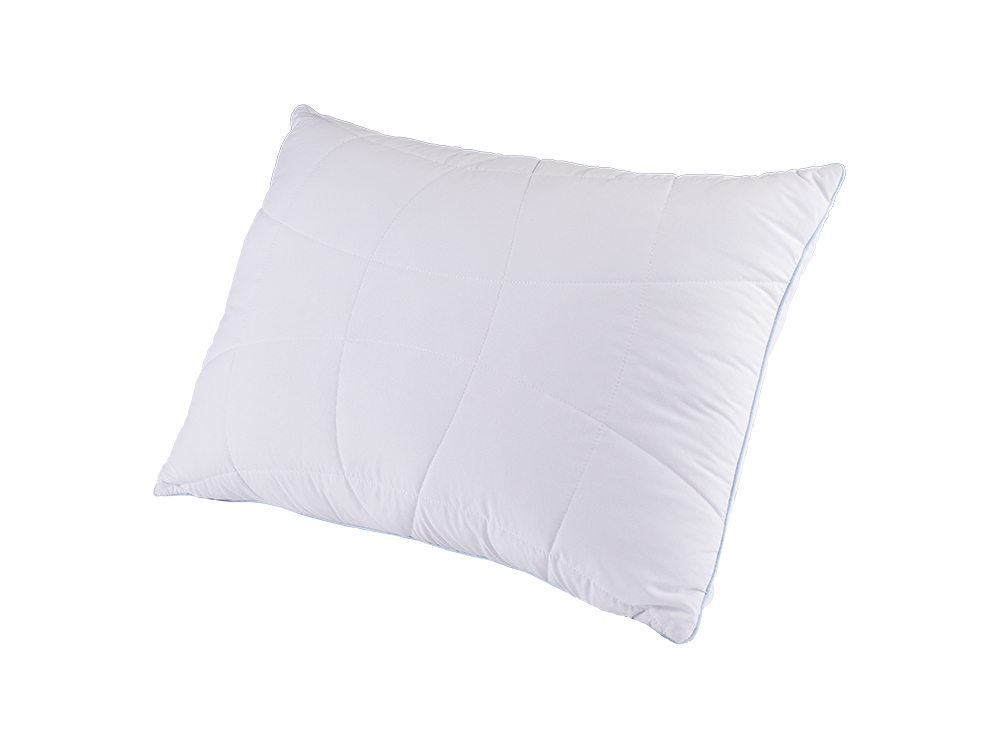
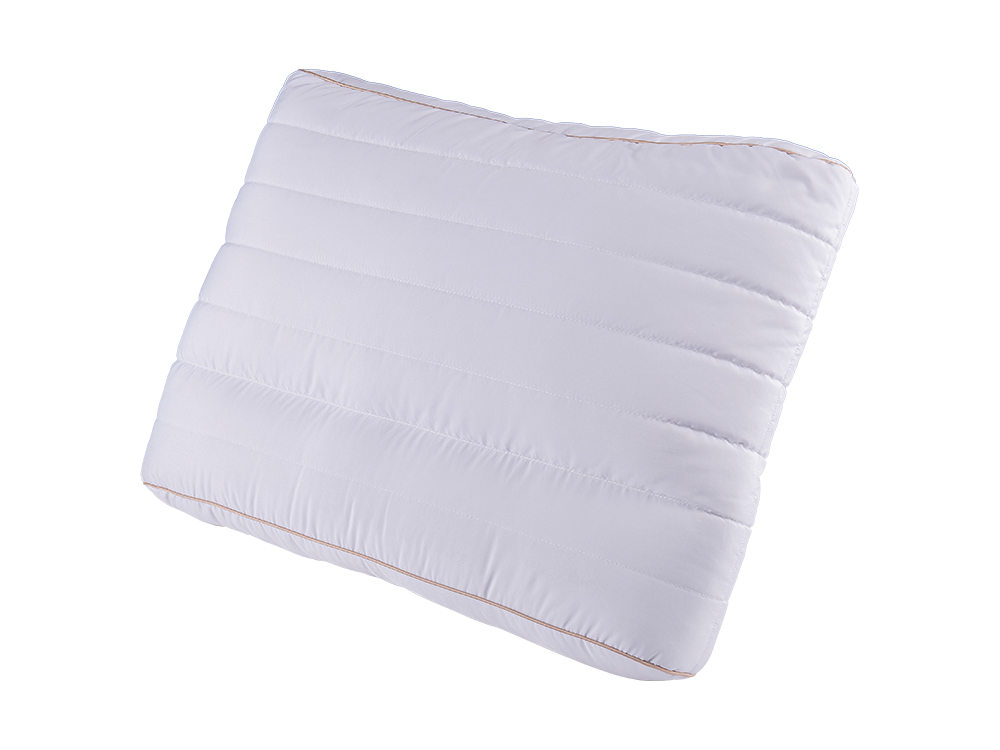
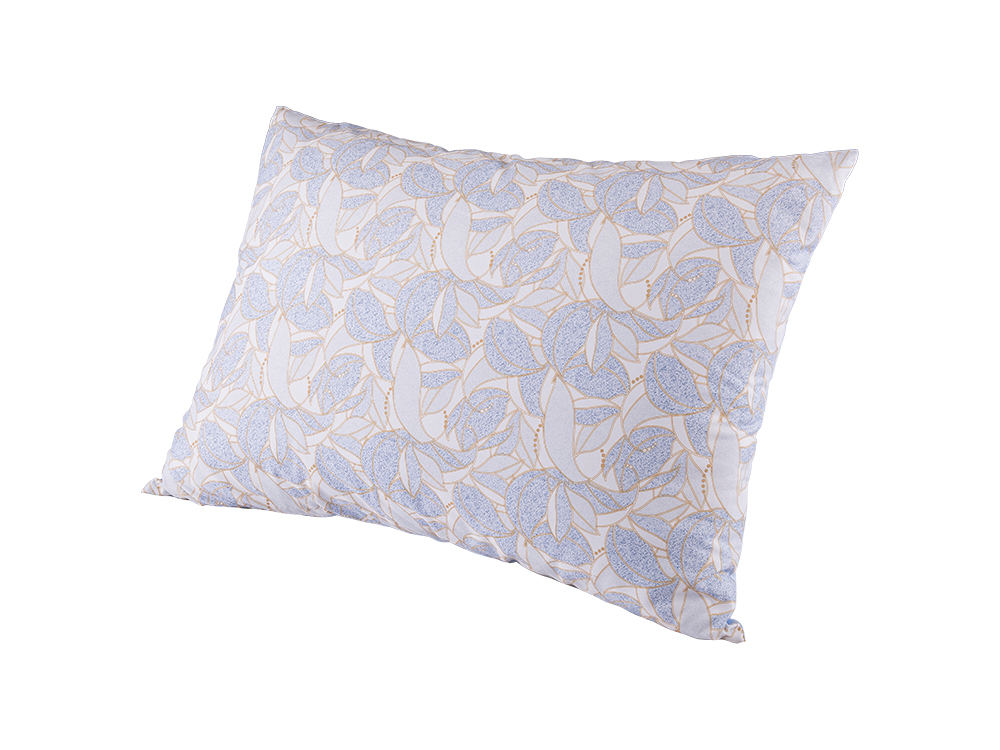
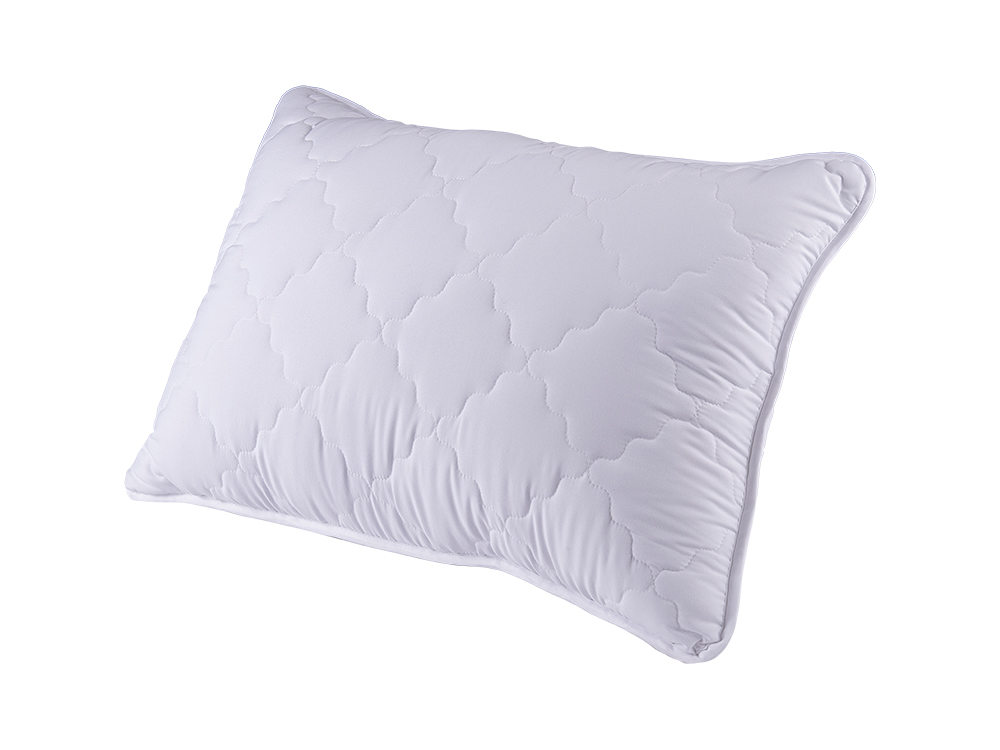
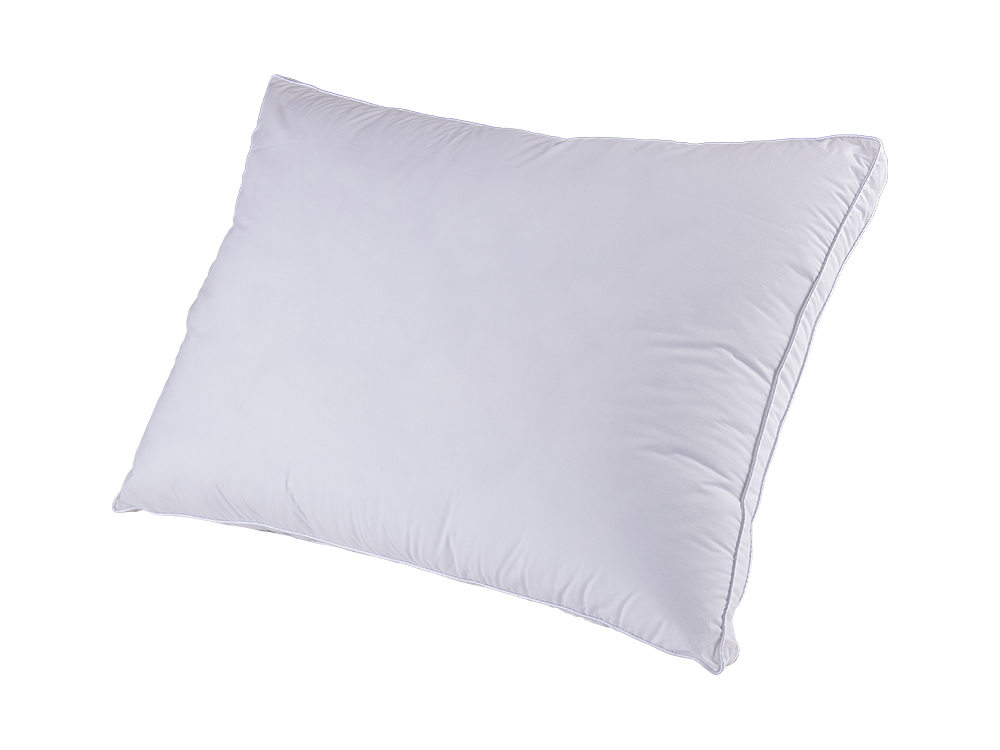
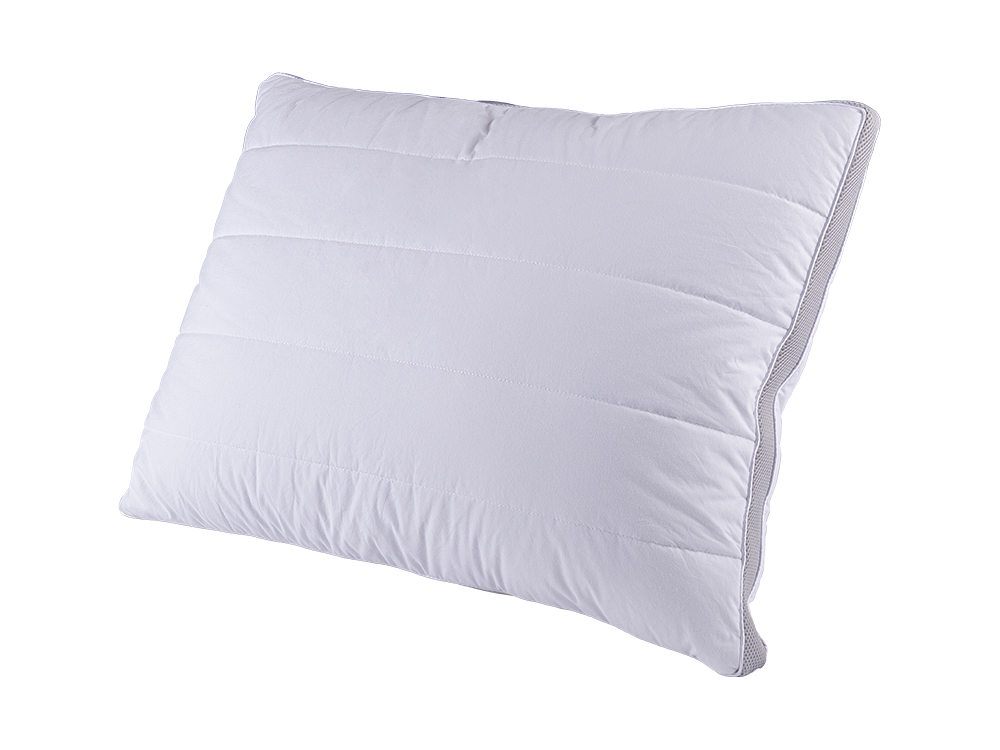
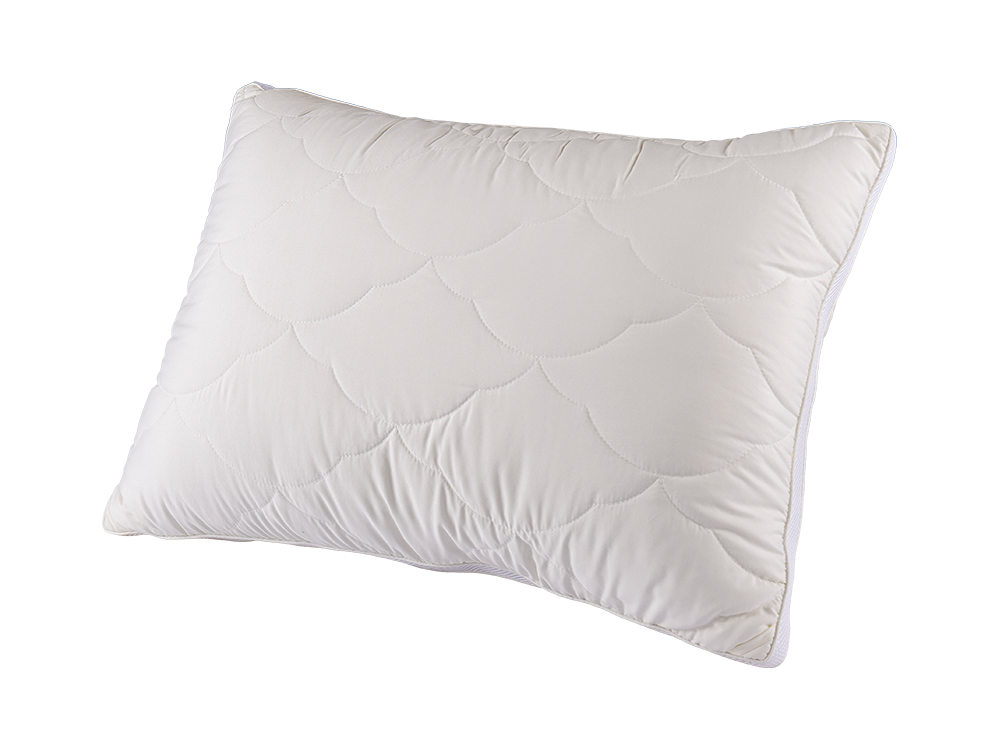
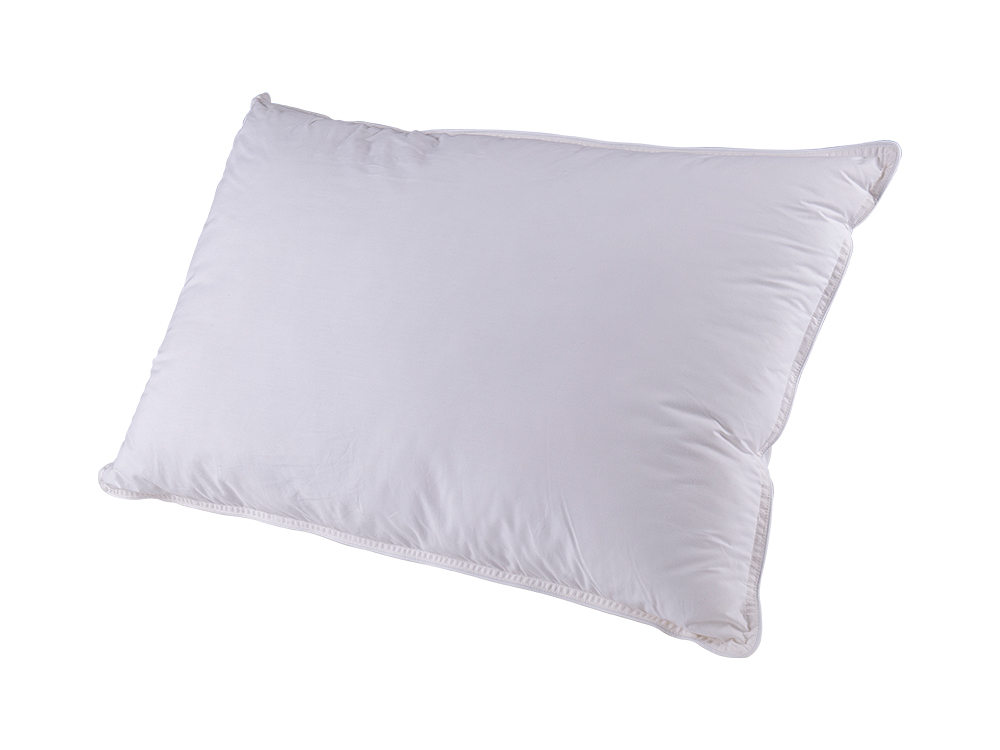
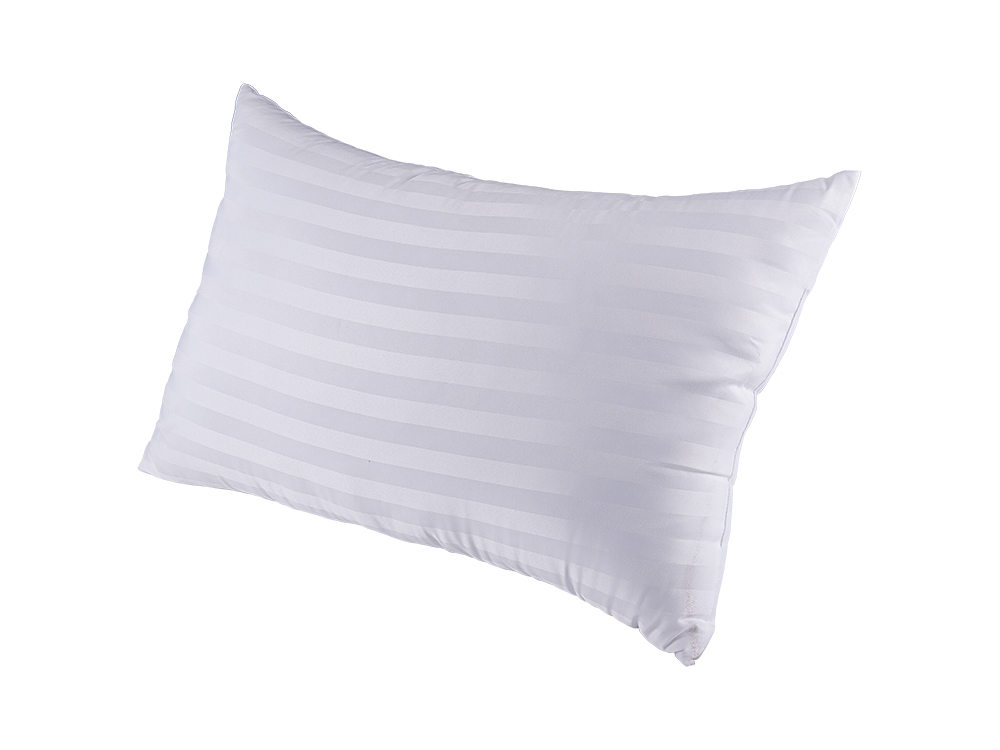
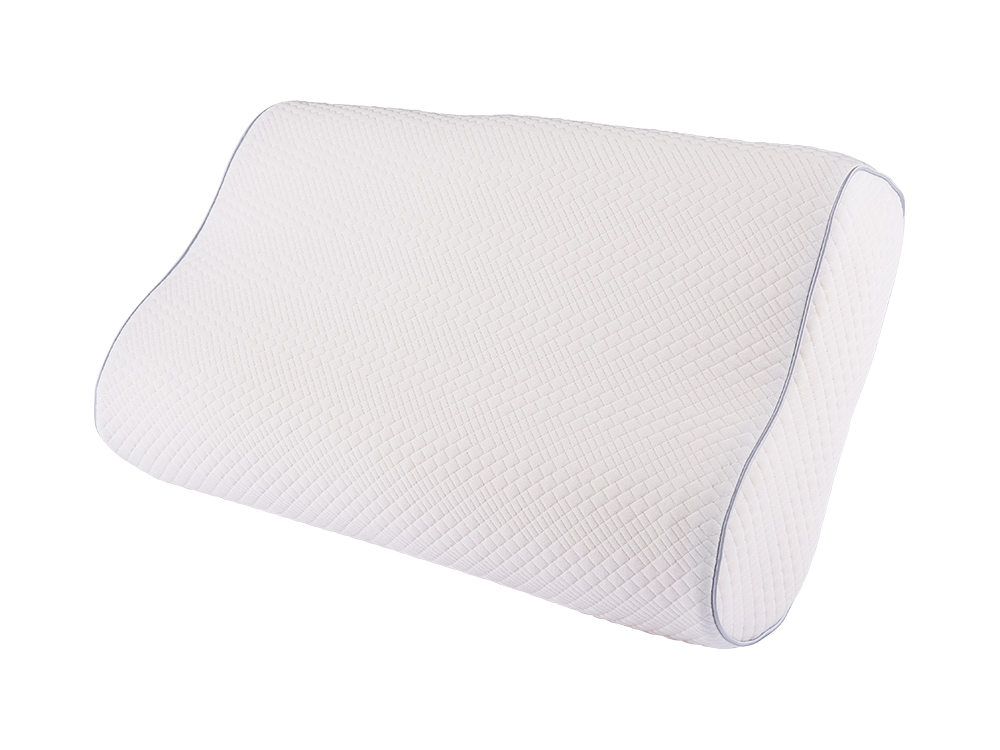
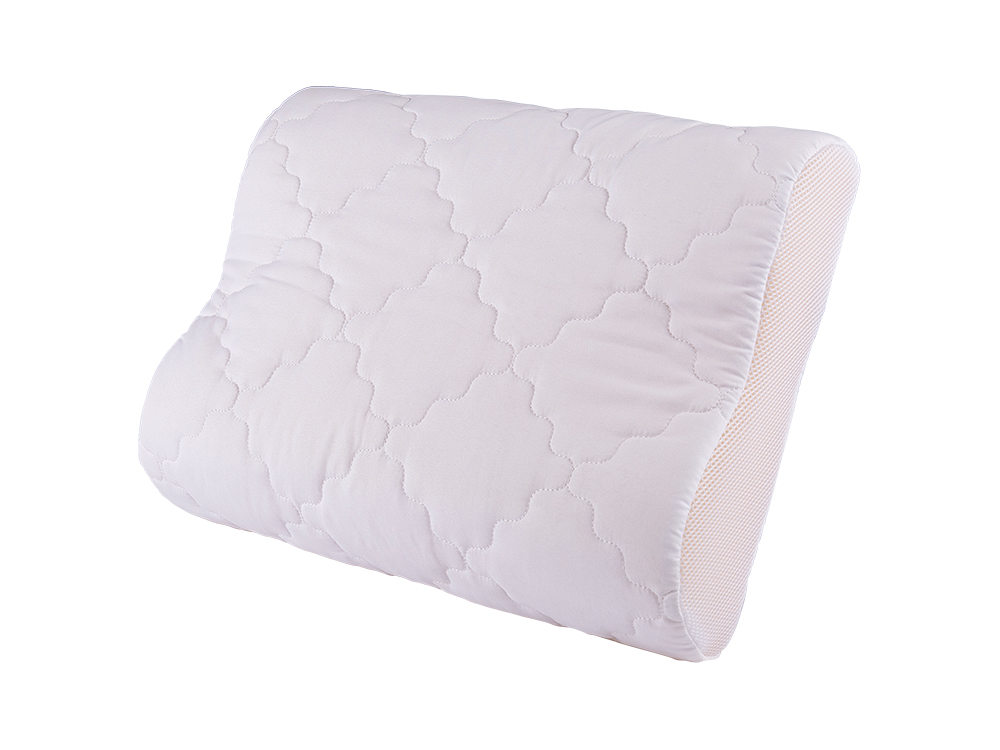

 +86-573-88798028
+86-573-88798028